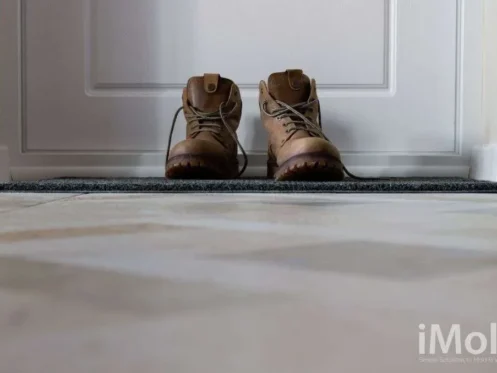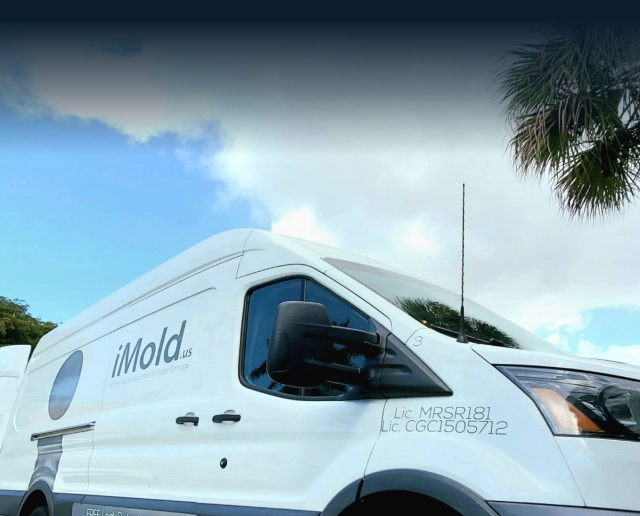How Shoes Indoors Can Cause Health Hazards
With the holiday season upon us, friends and family are visiting at a rapid rate. We all have that one loved one who makes us take our shoes off at the door. While this practice may be annoying to some, it can save you and the homeowner from unwanted health risks. Shoes are known to carry an average of 421,000 different species of bacteria. Ranging from E. Coli to the most recently discovered shoe bacteria Clostridium difficile, shoes in the house can bear life-threatening consequences.
What’s on Your Shoes?
When we walk outdoors, we step on animal droppings (from dogs to birds, sometimes without realizing it), which carry E. Coli bacteria and more. These bacteria are known to cause diarrhea, gastrointestinal upset, and even meningitis. Should you accidentally step in droppings from a mouse or rat, the bacteria become an even greater danger to your health. Leaves and debris carry chemicals from fertilizers and pesticides to polluted rainwater. Although invisible to the naked eye, microorganisms can cause serious health effects. Out of the hundreds of thousands of bacteria found on shoes, the two most common, and most consequential, are E. Coli and C. diff.
- Coli
- Coli is a bacterium that lives dormant in the gastrointestinal (GI) system to aid in digestion. However, when an abundance of certain strains of these bacteria find your body, it wreaks havoc. Contaminated foods are the most popular E. Coli carriers to make the media. With Romaine lettuce being the most recent recall to take the media by storm. However, what the media doesn’t report on, are the hundreds of E. Coli strands in our homes and backyards that pose an everyday threat. By leaving our shoes on indoors, we bring these threats into our living room, and on our furniture.
Clostridium difficile (C. diff)
Formerly thought to be only transmitted in a hospital environment, C. diff bacterium results in inflammation of the colon. This inflammation causes diarrhea that, to some, can become life-threatening. Although this bacterium course tends to resolve within a few days or weeks, the intense damage on the colon can land most people in the hospital, and in rare cases, require fecal transplants! This bacterium spreads through spores, which, like mold spores, are difficult to kill off if not treated properly.
Why Doormats Don’t Work
Doormats are typically used for décor, and keeping dirt off the floor. While the mats do tend to take the most visible dirt off the bottom of shoes, before being trafficked through the house, it doesn’t release all dirt and bacteria. Doormats tend to collect dirt, mud, and water from the bottom of shoes and create a breeding ground for mold and bacteria to multiply at a rapid rate. Next to your toilet, your doormat is likely to be the next most affected area of your home. Imagine your shoes being wiped on your toilet bowl and walking through your living room. When you rub your footwear on the doormat, the likelihood of the shoes picking up more bacteria rather than wiping off dirt and bacteria is more likely.
Who’s at Risk?
While anyone can pick up these bacteria-related illnesses from contaminated flooring, children, elderly, and immune-compromised individuals are more at risk. A healthy adult immune system has a better fighting chance at warding off these bacteria than a child or elderly family member with a weaker immune system. Those with immunosuppressed systems such as people suffering from transplant surgery, cancer, or autoimmune disorders are also at a higher risk of contracting these bacteria-related illnesses. It’s in everyone’s best interest to keep your shoes off at the door, and keep the bacteria out!
This holiday season, consider asking friends and family to remove their shoes at the door. This one step will help stop or reduce the number of bacteria spread through the living areas of the home. After the holidays have passed, consider contacting iMold to give your flooring and upholstery a professional-grade cleaning. Starting your new year off with a bacteria-free home- what could be better?

